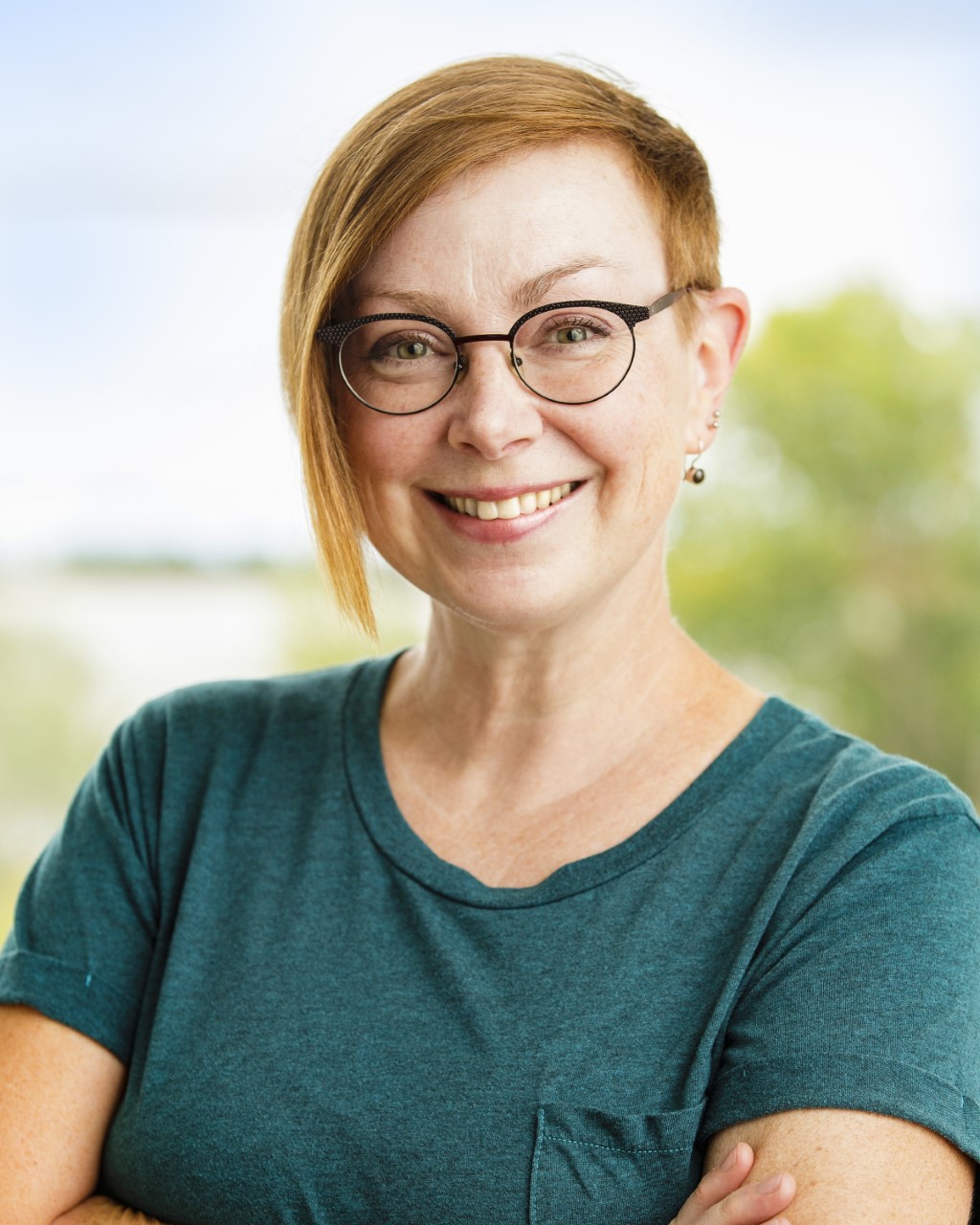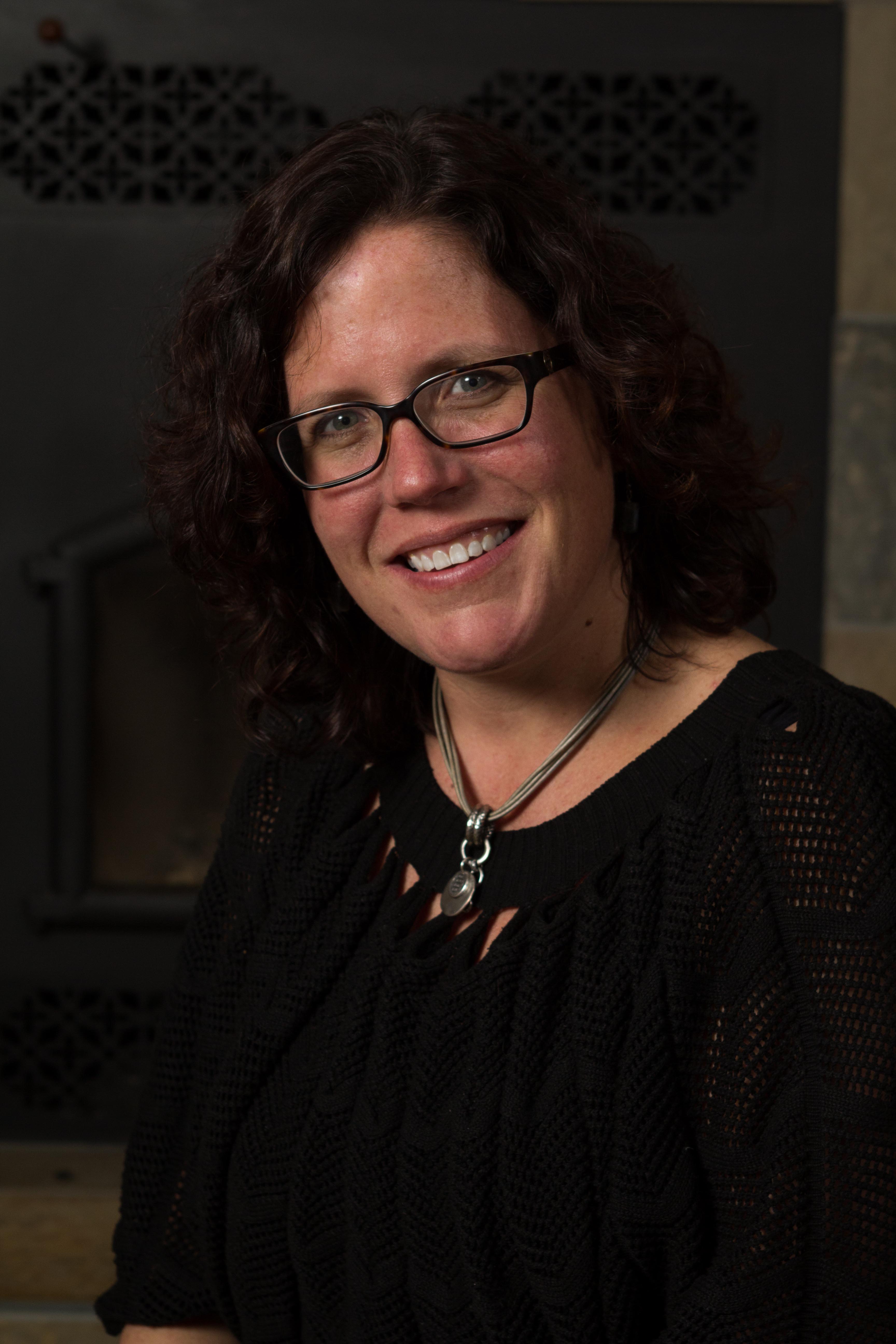Research in Action: Finding peace through the stories of MAiD
Published in The Chronicle Journal Thursday, February 24, 2022
BY JULIO HELENO GOMES
As our population ages and more people who suffer complex health issues decide to depart on their own terms, more Canadians will have first-hand experience with someone requesting to end their life at their time of choosing.
With medical assistance in dying (MAiD) now a legal option in Canada, this presents new territory for society to navigate. To that end, a project undertaken by researchers at Lakehead University is shedding light on what the family and friends who accompanied someone on this journey have experienced.

“Grief comes to us all and we now accept that we move forward with our grief, but people who accompany a significant person on a MAiD journey appear to have experiences to which we need to give voice, to afford them appropriate support,” says PhD graduate student Keri-Lyn Durant.
Durant was part of a team looking at the untold stories of MAiD, through the experience of family and loved ones. This work grew out of an earlier project that interviewed physicians providing palliative care. With a $65,800 grant from the Social Sciences and Humanities Research Council of Canada, Dr. Katherine Kortes-Miller and two graduate assistants spoke to people who accompanied someone who chose MAiD at the end of their lives.
“For the most part, the people who reached out to us had a positive experience with medical assistance in dying and felt that this was the best choice for the person that they were accompanying,” says Kortes-Miller, an associate professor in Lakehead’s school of social work and director of the Centre for Education and Research on Aging & Health (CERAH).
“People did talk about some challenges, in terms of navigating the system, knowing where to start, how to access support,” she adds. “But the outcome for the participants in our study was generally positive, because the person who died using MAiD got what they wanted, what they needed in that moment, and they were able to make those choices.”
Participants who were interviewed hailed from across Ontario and ranged in age from 33 to 86. The vast majority were female, and tended to be a spouse, parent or friend. The interviews lasted from 40 minutes to 2-1/2 hours.
A total of 27 interviews were conducted over the course of 2020. That was during COVID lockdowns, which the research team found actually made it easier to reach out to people and engage them in a meaningful way.
“Participants were grieving the deaths of their people, and then were isolated,” notes Durant. “They let us into their worlds, trusted us to actively listen to their stories and shared our hope that giving voice to their experiences would be of benefit to them and to educators, medical professionals and policy makers.”
The second phase of the research involved the creation of digital stories. The research team hosted workshops and helped participants craft short videos about their experiences with MAiD.
“When we were capturing their stories our goal was to make it as autonomous as possible,” Kortes-Miller says. “The Digital Stories in our project are owned by the people who created them.”
These Digital Stories are intended for educational purposes, but some are publicly available through personal websites. The link is: https://www.youtube.com/watch?v=mSQhIg-M48Y&t=3s.
In September, Kortes-Miller and CERAH hosted an on-line symposium that attracted more than 200 people from across Canada as well as the U.S., Scotland and Australia. Many were health-care providers, hospice-palliative care workers, researchers, educators and volunteers. The aim was to bring a diverse range of people together, to share their experiences and cultivate connections.
“We still need to do a great deal of education around medical assistance in dying,” Kortes-Miller states. “We had members of the general public show up who did not necessarily have a deep understanding of what medical assistance in dying is and what it means to people. So they had the opportunity to see that. Some of the feedback we received was, ‘I didn’t know this was an option’ or ‘I misunderstood what medical assistance in dying was and this was a helpful way to learn more’.”
This study did have limitations, though. MAiD is usually accessed by people of means – those with education, well-paying jobs and a supportive social network. The researchers didn’t hear from those who had less positive experiences or who had challenges working through the system. Kortes-Miller hopes to expand the study nationally and hopefully get more diverse input.
“We’ll try to target some of the populations we may not have accessed before, different socio-economic groups, different levels of education, focusing a little more on culture,” Kortes-Miller says.
Kortes-Miller is grateful for the work of research assistants Durant and Kendra Casey, a master’s student in social work. For Durant, who is pursuing a PhD in educational studies, this work hits close to home. In 2020, her uncle passed away, giving her a unique understanding of what grieving looks like during a global pandemic. As well, it fits in with her employment as a dying, death and loss educator at Hospice Georgian Triangle in Collingwood.
“New legislation means we are still ironing out what works and what does not work, and we need to hear from people who are directly impacted by MAiD,” she says.
Canada is a leader in medical assistance in dying, Kortes-Miller says, and as legislation continues to grow and adapt it’s essential to understand what happens at the bedside from those most intimately involved.
“We need to learn from it so it influences and improves our policies,” she says. “And it expands this idea that how we die matters. Medical assistance in dying is an option for Canadians at the end of life and we need to deepen our understanding about that experience.”
Research in Action highlights the work of Lakehead University in various fields of research.

